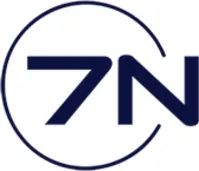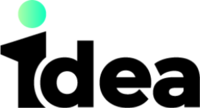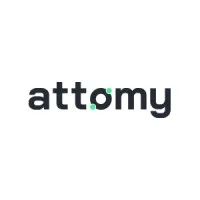.NET Technical Architect
Architecture
.NET Technical Architect
Architecture
Strzegomska, Wrocław
Objectivity
Undetermined
Permanent
Senior
Remote
4 193 - 5 031 USD
Gross per month - PermanentJob description
Technical Architect at Objectivity works as a member of our Agile team alongside Software Developers, Quality Engineers, Business Analysts and Project Managers, and plays a pivotal role in delivering fit-for-purpose solutions to our clients.
By working closely with our clients, you will be responsible for an overall technical direction of the project and the product, making sure that the technical architecture is suitable within the context of the client’s needs. You will help to identify the most suitable technologies and frameworks, as well as evangelise and promote good practises, tools and metrics within the development team.
Why is it worth joining us:
- As an architect, you will have an ultimate technical responsibility for a project and a significant impact on solution architecture.
- We are passionate about software. Microservices, CQRS, Event sourcing, Outbox patterns – these are some topics we discuss and implement.
- It’s all about development. No maintenance.
- Our projects are usually relatively short (i.e. couple of months), so you don’t have to change your job to change a project.
- You will have 8 days yearly for self-development, training and conferences.
- We have 30+ Technical and Solution Architects, so you can learn from them and consult them whenever you need.
- A dedicated, self-organising team is our default delivery model and you will be a part of it.
Your daily responsibilities will include:
- Defining non-functional requirements.
- Designing Software Architecture that will meet the client’s requirements.
- Communicating and building a relationship with customers.
- Creating proof of concept (PoC) to evaluate potential technical solutions.
- Participating in all delivery phases, from pre-sales activities - through estimation - to release.
- Mentoring the development team - being a hands-on developer whenever it’s necessary.
- Providing a high-quality software.
… Even if we do not get to start our cooperation, you are certain to receive extensive feedback including both business and technical aspects. We believe it is one of the most valuable development tools.
To find out more:
- Check out our Guilds and Tribes structure which helps us to avoid being a corporation.
- Moving to Wroclaw? Check out our relocation package.
- Check out our benefits.
Tech stack
*.net
Azure
Google Cloud
English
AWS
Test Automation
Microservice Architecture
REST API
Relational Databases
Web Applications
Office location
Published: 09.03.2021
Check similar offers
Check similar offers



